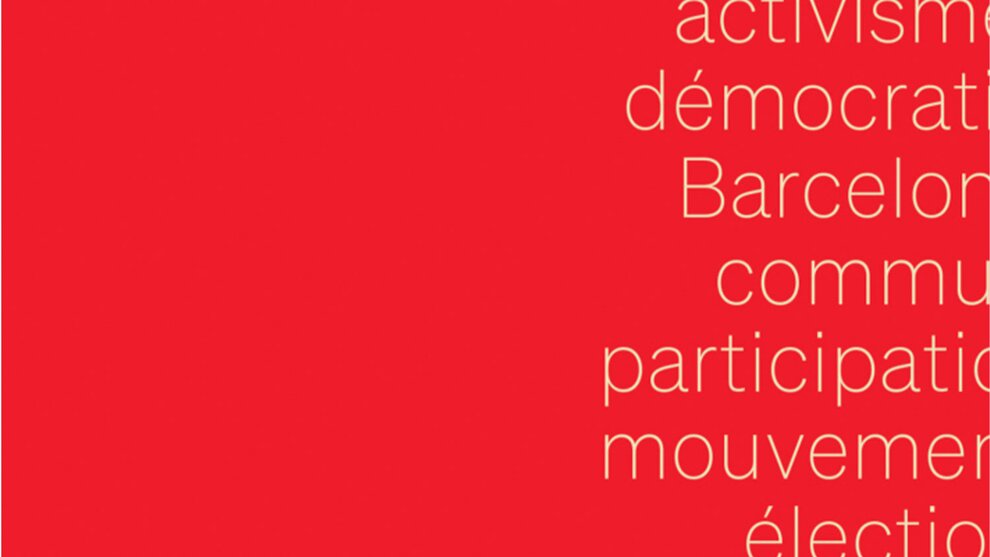Leadership styles matter: The key finding for grantmakers and grantees from the Virtual Summit on Impact


How can grantmakers be sure the programs they fund have the maximum possible impact? For grantmakers, the most critical factors are agile, flexible, learning-oriented leadership. Grantees, on the other hand, say they can be most effective when their organizational development and capacity-building needs are met, which creates the trust required to have timely, honest discussions about program improvements. In both cases, the quality of leadership was identified as the single most important factor. These are the central findings from the recent four-day Virtual Summit on Impact organized by the European Foundation Centre and the Fondation Masion des Sciences l’homme, which I had the honor to help moderate.
As a grantmaker, I have encountered these same lessons before, including during my service as a senior appointee in the U.S. Department of Education during the administration of President Barack Obama. In 2009, President Obama’s administration wanted to increase the impact of grants made to help Americans recover from the 2008 global economic meltdown. I was asked to identify previously funded U.S. federal higher education and job-training projects that had achieved the most positive impact. Our goal was to direct $2 billion in newly appropriated funds, the single largest discretionary grant program of the Obama presidency, toward projects that had the best outcomes.
At the Virtual Summit, we saw examples of the opportunities associated with improved leadership revealed repeatedly during a series of candid exchanges between senior representatives of major European philanthropies, government grantmakers, and NGO grant recipients, all of whom share the goal of increasing their impact. Virtual Summit participants discussed issues of pressing concern to the philanthropic and grantee communities in both Europe and North America, including fears the increased need to generate and document impact may limit interventions to only those ideas whose outcomes can most easily be measured, such as the number of free meals served, or the amount of goods delivered. Panelists also emphasized the wisdom of gathering data while an intervention is underway, and the utility of relying on third-party evaluators including during project-design phases.
The critical role of empowered leadership was perhaps best captured in the well-received remarks of Moushira Elgeziri, the associate director of the Arab Council for Social Sciences, who commended the most thoughtful funders, including Hillary Wiesner, the Carnegie Corporation of New York’s Program Director for Transnational Movements and the Arab Region, for putting capacity-building efforts that allow recipients to quickly adjust to fast-changing needs at the center of their plans.
As the Virtual Summit on Impact highlighted, leaders who inspire trust and confidence are at the center of that model. That type of leadership, participants agreed, is most reliably maintained through open dialogue with peers and stakeholders. At the conclusion of the Summit, it seemed clear to everyone involved that creating a new opportunity to strengthen and improve the quality of leadership, including normalizing increasingly sophisticated forms of collaborative leadership via the use of online real time discussions, was a valuable contribution of the Virtual Summit on Impact, and the strongest argument for a continuation of such efforts.
The author
Hal Plotkin served as a moderator of the Virtual Summit on Impact. Hal is a Senior Scholar at the Institute for the Study of Knowledge Management in Education, based in Half Moon Bay, California. Mr. Plotkin served as a Senior Policy Advisor in the U.S. Department of Education under President Barack Obama, where he helped oversee the distribution of $2 billion in U.S. federal education and job-training grants.
About the Virtual Summit on Impact

Watch the replays of the 8 sessions, daily highlights and associated resources to relive these four days of engaging content and thought-provoking conversations.
Visit the website of the 1rst edition of the Virtual Summit on Impact
Related articles
Emmanuel Kattan, Alliance Program - Columbia University | Restoring Trust, Delivering Impact
Lisa Petrides, Institute for the Study of Knowledge Management in Education | FMSH Partners with ISKME to Provide Social Impact Services
Alexandra Duperray, Fondation Maison des sciences de l'homme | Circulation of knowledge: what impacts for the research landscape and its actors? The case of the Atlas mobility program in the MENA region





